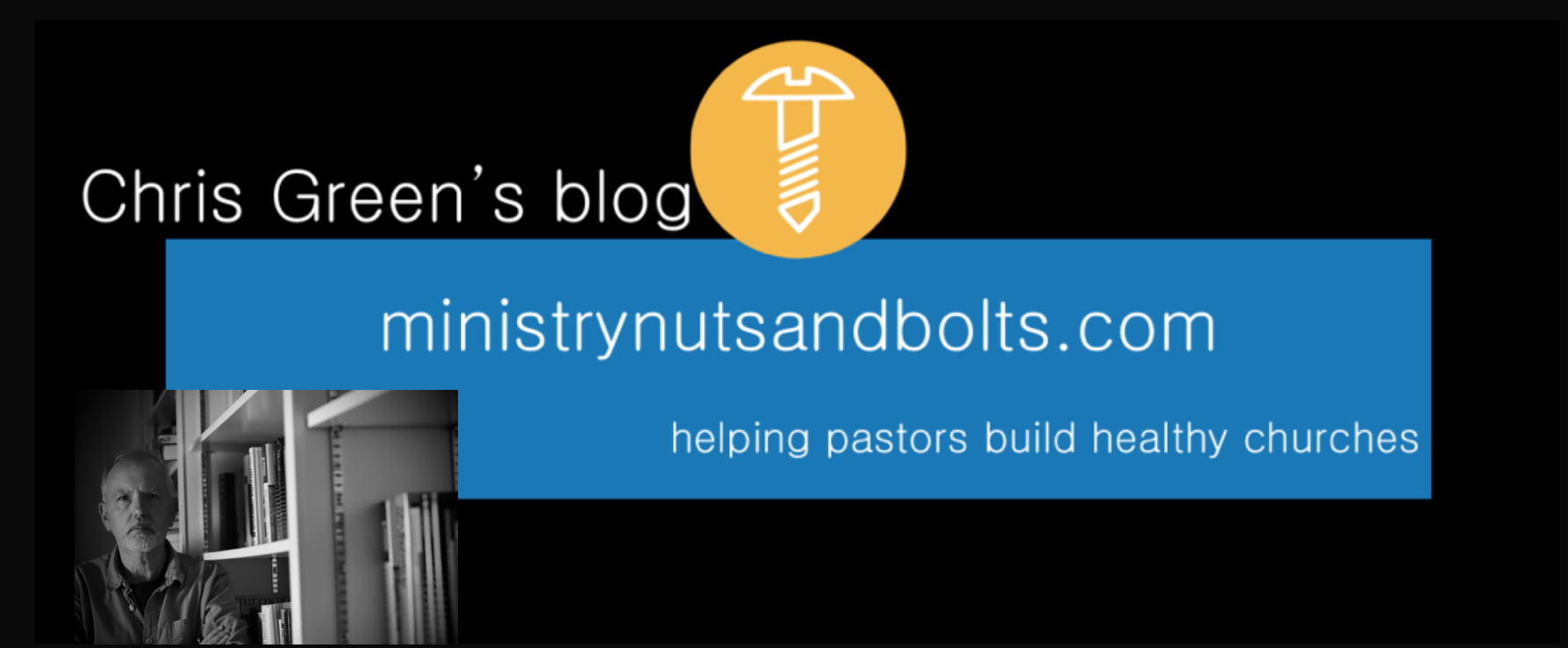All pastors have meetings. Just this week I had a meeting of our Standing Committee, where we had a deep dive into the finances for 2018, and another meeting looking at a major piece of building work we need to address. My goal was to get myself off that committee now it’s started its work! Then there were the usual round of planning services, touching base with other members of staff and church members on pastoral and operational issues, one-offs, chats in corridors, and ‘while I’ve got you in the room’ moments.
And that’s before we have the real deal of the one-on-one pastoral conversations that all the others make possible.
If you want to call your Quiet Times ‘meetings’, go ahead – they are. They’re just not work meetings.
But there’s another meeting buried in there which is critical, but invisible.If this meeting happens, the week runs so much more smoothly. And I’ve repeatedly learnt to my cost that if it doesn’t happen, I’m so easily derailed.
If this meeting happens, the week runs so much more smoothly. And I’ve repeatedly learnt to my cost that if it doesn’t happen, I’m so easily derailed.
It’s my weekly meeting, one-one-one, with me. My personal, private staff meeting, and an accountability conversation with my planner.
The weekly review.
I don’t care who your productivity guru is, you can bet that they mention it. David Allen in Getting Things Done insists on it, so does Matt Perman in What’s Best Next, and one of the reasons I like Michael Hyatt’s Full Focus Planner is that it physically puts it in the pages every seven days.
in Getting Things Done insists on it, so does Matt Perman in What’s Best Next, and one of the reasons I like Michael Hyatt’s Full Focus Planner is that it physically puts it in the pages every seven days.
There are other critical moments they all insist on as well, of course. Once a year have a clear 48 hours to think and set goals – Hyatt and Perman are writing as Christians, so they put praying in there too. Stop each quarter for a reappraisal on progress, and reset the clock. Bill Hybels goes further with his 6×6 system: select six targets to focus on for six weeks, and get them baked into the system.
But the weekly review is fundamental. A predictable 60-90 minutes towards the end of each working week. And here’s the critical point: you’re not going to do any work at this meeting.
There are three basic elements.
1. Catch up with all your incoming communication. All the papers that have come in are looked at, scanned, and put in the right place. Allen’s system is still probably the most efficient one if you are in an environment where paper rules the world, otherwise a decent scanner and Evernote are your best friends.
Same with emails – get that inbox to zero. More than that – I’ve found Allen’s three basic folders for email essential: @waiting is where I put an email that I’ve sent that I need a reply to, @followup is where I put one that requires further action from me, and @review is where I put any that I want to think about without urgency. I know folders are old school and some of you live and die by tags. Do what works for you, but that three folder system means that I can look there and get myself up to speed fast. Goal=empty.
If an email can be dealt with in a couple of minutes, do it. Otherwise put it in one of those three folders. You can plan to work through those later. But don’t let them hold you up now.
2.Review your diary and notes, and compare how it went with what you intended. Went the week well? Be thankful for what you did achieve, and learn any lessons for the week ahead. What dropped out – exercise? Day off? What should have happened but was postponed? Reset the clock. I don’t usually journal, but this moment is as close as it gets.
3.Then prayerfully look ahead for the next seven days and put in the blocks of time for what you need to do. One reason for my going back to a physical planner is that it forces me to take ownership of each event as I physically write it in, and consider its rationale in advance. So take deliberate initiative with your time. And here’s the genius part of the process – each time you should look at your big goals, and ask how this week you can take the next small step towards them. Make the next element easily doable, and plan for it. Five phone calls made. 1000 words written. That TEDtalk watched. Two new people visited. Next week, see how you did
And Michael Hyatt would insist, plan your time off too.
I know this sounds obsessive, and ‘one more thing.’ But here’s the thing: putting this ‘one more thing’ in really means that the rest of the week relaxes. You move from planned event to planned event without hassle, and you’ll have built margin in for the inevitable unknowns.
Of all the productivity hacks I’ve learnt over the years, this is the one that has had the biggest impact when I’ve followed it, and creates the biggest loss of focus when I forget it.
So, do you have a weekly review? What works well in your ministry setting? Have you found something even better?
Pile in!





I’ve had a weekly plan for a while now on Sunday nights – looking at my goals for the term, seeing what steps I need to take this week and then writing out by hand my plan/diary for the week. It really takes the stress out of the next 7 days as I know I’m doing roughly what’s needed. The idea of using that time to review last week as well sounds really helpful, thanks
Great work, Dave!
I’ve long used some of Dave Allen’s principles, but never got the habit of the weekly review. This was partly because I was working in an environment where I could keep my tasks digitally, but couldn’t run any software to help with that review.
Since the Full Focus Planner came out, and you and others have explained how the process of writing out for the week ahead is helpful, I gulped slightly and decided to try going back to paper, with a built-in review on Sunday afternoon/evening. With that, I have found that I am more aware of my goals, achieving more against them, and spend less time wondering what I should be working on next.
But I’m not using FFP for that. For now I’ve rolled my own weekly pages, including things to help the review, as I find the FFP ignores the project level. It’s great that it helps with goals and tasks, but I have many projects that sit between the two levels. So for example, I don’t have a particular goal about the local primary school at this point, but I do have regular commitments there, which aren’t as small as a task. So I have a current project for “Collective Worship series on the Lord’s Prayer” which will only last 6 weeks or so. Another is “Plan Christmas publicity”. I find only having a focus on 3 big picture goals means I’m liable to fail on some of these important, shorter-term, projects. So I have included both Goal and Project activities each day, and in the weekly review.
Further to that I also number all my goals (G1, G2 …) and projects (P1, P2 …) and label tasks with its appropriate G or P. Alongside the other low-level tasks (e.g. send thank-you card, tax car), I can see whether there are times when I’m not making progress on either goals or projects.
I’d be interested to know more about how you manage project-level activities.
I have a hybrid system, as Michael Hyatt also does. We use Asana as a team, and I have all my projects on that. But I’m finding FFP gives me a greater sense of ownership, accountability and responsibility for my own goals.
Hi Chris, Just came across your blog. I’m getting ready to purchase the Full Focus Planner. I’m in printing sales and look forward to getting started. I had the prviledge of working for David Wilkerson in the 90’s. God Bless!! Steve
That’s great, Steve. I hope you find it useful!